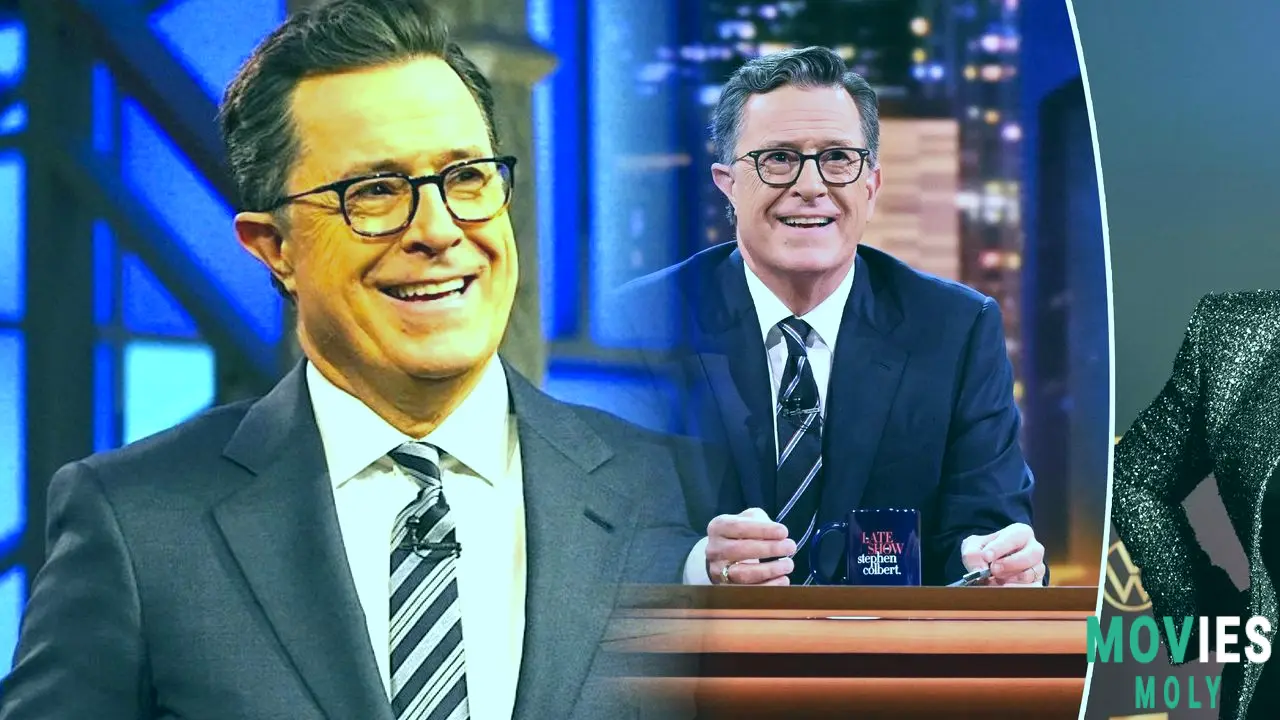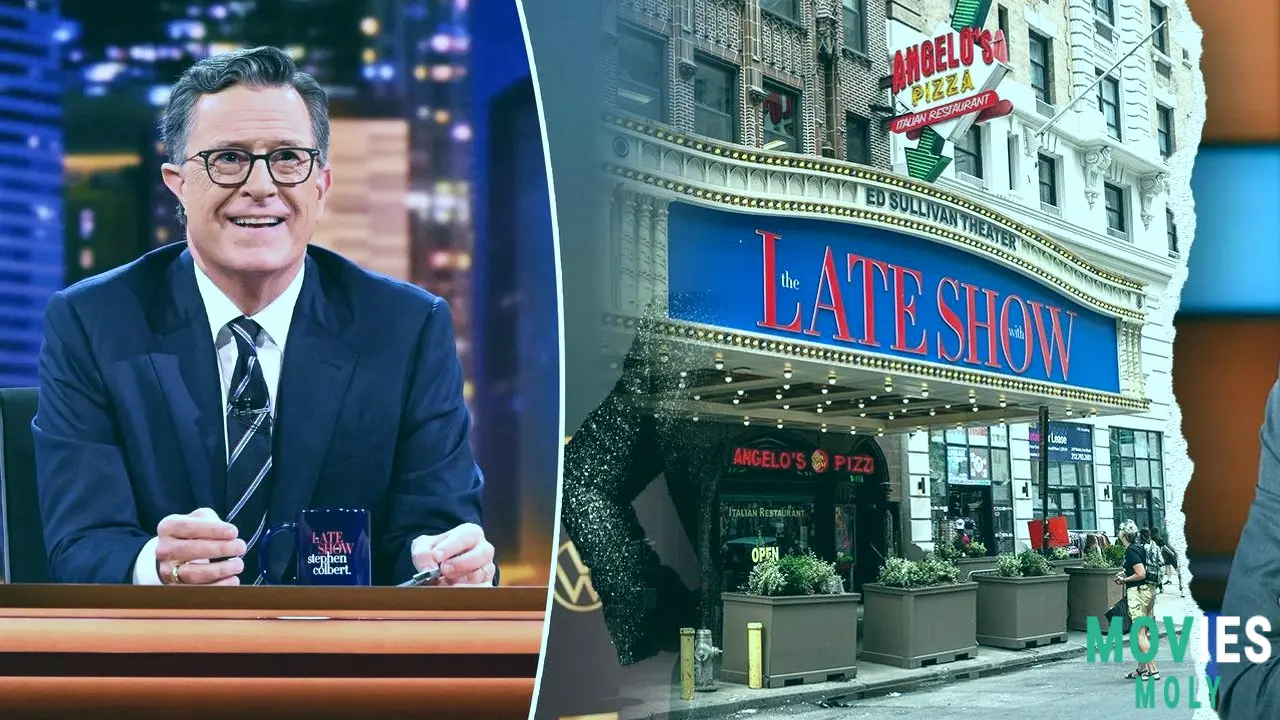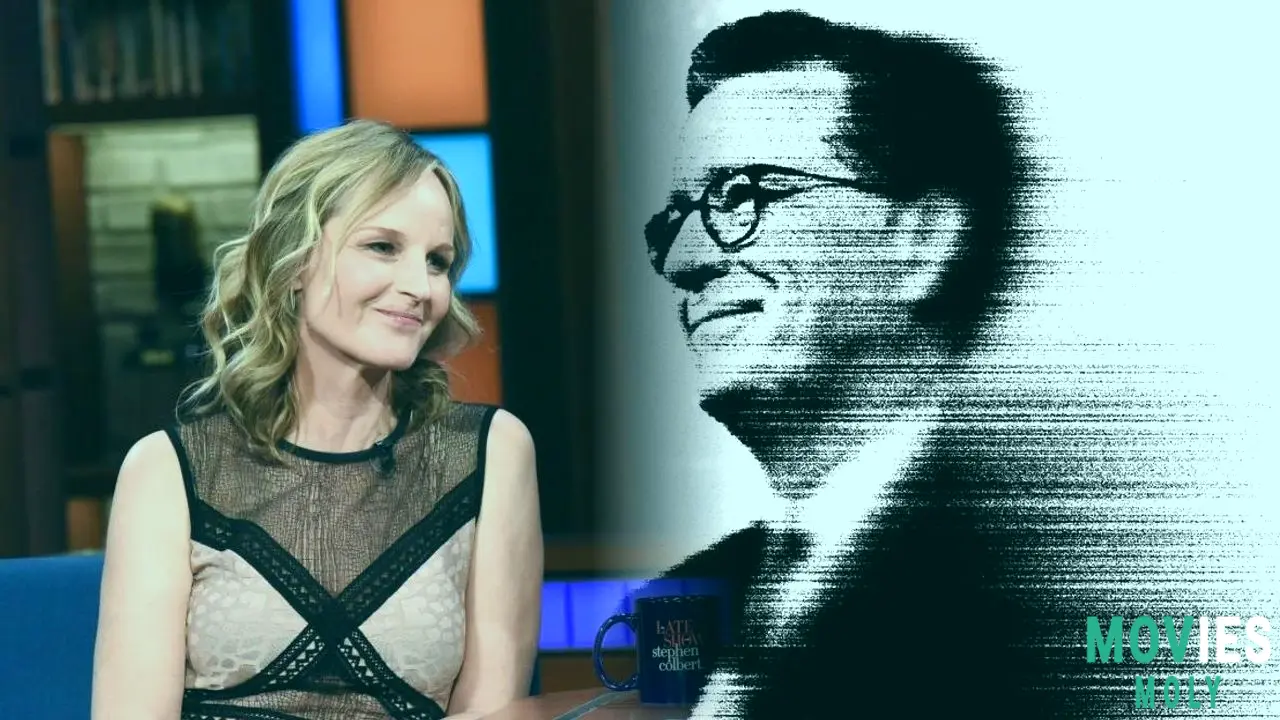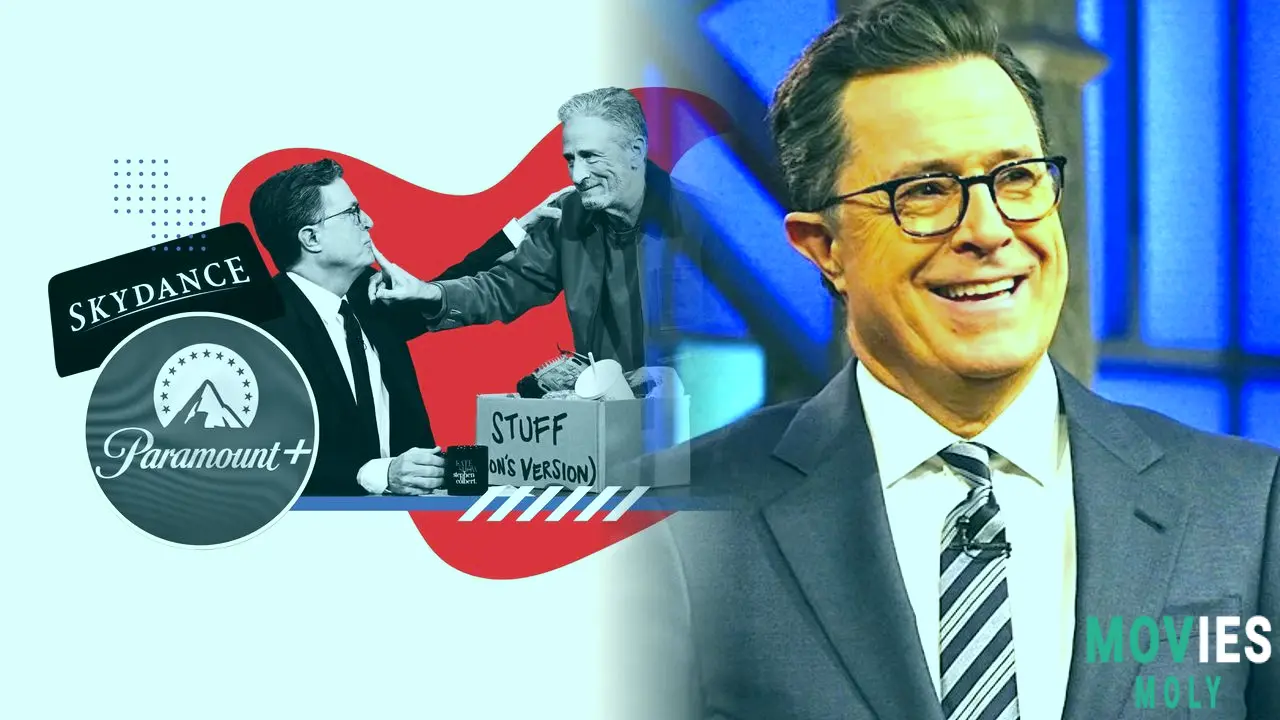Last week, CBS's choice to discontinue The Late Show with Stephen Colbert hit the media like a nuclear bomb. [Quote from Sample Article 1] On Thursday, July 17, 2025, this report confirmed that the popular late-night show will stop in May 2026. This will be the end of Colbert's ten-year reign as host. The network said that the change was "purely a financial decision against a challenging backdrop in late night" and had nothing to do with the show's quality or performance.
Did CBS cancel The Late Show because of money, politics, or both?The abrupt news has led to a lot of talk about what really happened that led to the cancellation. CBS says that money is the only reason, but many people point to other things, such as recent political developments surrounding Paramount, the network's parent corporation.
Breaking Down Late Show Ratings: Behind the Numbers
The Late Show with Stephen Colbert has had the same problems with viewership as the rest of late-night television, even though it is very popular and always gets high ratings. This year, Stephen Colbert's show has had roughly 2.5 million viewers on average. This is nothing compared to the 17 million people that Johnny Carson's Tonight Show used to have. The move from linear TV to streaming services and digital clips has made a big difference in how people watch TV.
The Price of Comedy: Making It and Making Money
It requires a lot of money to make a big network late-night show like The Late Show. Reports say that CBS was losing more than $40 million a year on Colbert's show. As more and more people watch these shows on digital platforms, the old advertising strategy that used to fund them has become less effective. Even though snippets from the show often go viral online, the money made from ads on YouTube and other digital sites isn't as much as the money made from regular TV shows. This makes it hard for networks to keep making high-budget shows in a media world that is always evolving.
What the Paramount-Trump Settlement Means
Just a few days before the announcement of the cancellation, a major disagreement erupted. Donald Trump and Paramount Global, the parent company of CBS, reached a $16 million settlement. Trump said that CBS News' 60 Minutes unfairly cut up an interview with Kamala Harris. Stephen Colbert talked about this settlement on his show and called it "a big fat bribe." He said, "I don't know if anything—anything—will fix my trust in this company." But if I had to guess, I'd say that $16 million would assist. This settlement happened because Paramount is trying to get the Federal Communications Commission's approval for a $8 billion merger with Skydance Media. The present administration must also approve the deal. Because of this timing, a lot of people wondered if the cancellation had political reasons. "If Paramount and CBS canceled the Late Show for political reasons, the public has a right to know," said Rep. Pramila Jayapal (D-Washington). And it deserves better. Donald Trump also said something about the news: "I really like that Colbert got fired." His talent was considerably lower than his ratings. [Quote from Sample Article 1]
A Decade at the Top of Late Night: Stephen Colbert's Legacy

David Letterman left The Late Show in September 2015, and Stephen Colbert took over. At first, his show wasn't very good, but he got better by focusing more on politics, especially in the months leading up to the 2016 election. [Sample Article 2] This plan helped The Late Show get to the top of the late-night ratings, where it stayed for nine seasons in a row. [Sample Article 2]
A look back at a career from The Colbert Report to The Late Show
Colbert got his start as a correspondent on Comedy Central's The Daily Show. He soon became well-known for his own satirical news show, The Colbert Report, which aired for almost ten years. He played a conservative talking head on the show, and he kept that character for a long time. [Sample Article 1] His shift to CBS and The Late Show was a step toward being more real, but his incisive political criticism was still a big part of what made him popular. [Example Article 2] His criticisms of Donald Trump became a big part of his monologues and struck a chord with a lot of people.
Colbert is known for more than just politics; he is also known for his empathic interview technique, which lets guests talk about a wide range of topics. He has hosted memorable episodes and added to the cultural debate with his unique mix of humor and serious insight. As a host, he has been able to communicate with a wide range of guests, from politicians to musicians. [Sample Article 2]
The Changing World of Late-Night TV

The cancelation of The Late Show shows that there are bigger shifts happening in the TV industry, especially in late-night shows.
The Rise of Digital: Streaming vs. Linear Viewership
Streaming services and short-form digital content have changed the way people watch things a lot. A lot of people now choose on-demand entertainment over regular TV shows that air in a straight line. [Sample Article 2] This change means that even successful late-night shows are often watched as clips on sites like YouTube, which have different ways of making money from ads than regular TV. This change in how people watch TV is a big problem for the traditional late-night style, which needs a steady stream of live viewers to stay financially viable.
How this will affect CBS and Paramount's future plans
The conclusion of The Late Show and the franchise signals that CBS is going to rethink its late-night strategy. The network may want to lower its expensive production costs and change its programming to better fit how people watch TV these days or to make place for other shows, like sports, that can still draw live crowds. The combination between Paramount and Skydance that is about to happen also points to a focus on reorganizing finances and making operations more efficient. The future of CBS's 11:30 PM ET time slot is still up in the air. It might be filled with syndicated shows or new, cheaper shows.
What will Stephen Colbert do next?

Stephen Colbert himself talked about the news directly, saying, "It's not just the end of our show; it's the end of The Late Show on CBS." No one is taking my position. "All of this is just going away."
Colbert's Possible New Projects: Streaming, Podcasts, or More?
People are talking a lot about what Stephen Colbert will do next in his career because his contract ends in May 2026. There are many options open to him because he has a lot of expertise and a large fanbase. One possibility is to switch to a streaming service like Netflix, like David Letterman did with My Next Guest Needs No Introduction. Colbert might have more creative freedom and control with this move than with regular network TV. A podcast is another excellent option. Many comedians, like Conan O'Brien, have had successful businesses in this medium. Colbert could keep doing his monologues and interviews on a podcast without having to deal with the stress of network rules or exorbitant production costs. People in the industry think that Colbert will get a lot of production agreement offers, which will let him keep making shows and appearing on camera if he wants to.
What other hosts and public figures had to say
People from all over the entertainment and political worlds have reacted to the cancellation. Jamie Lee Curtis was going to be on The Late Show, but she was upset and called the news "awful." [Sample Article 3] Other late-night hosts also offered their comments. "Love you Stephen," wrote Jimmy Kimmel. F you and all your Sheldons, CBS. [Sample Article 3] Jimmy Fallon said he was "shocked" by the news and said, "Stephen is one of the sharpest, funniest hosts to ever do it." [Example Article 3] These reactions show how important Colbert's presence is in the late-night scene and how shocked many people were by CBS's choice. [Sample Article 3]
Competitor Analysis: How Other Late Night Shows Are Doing

The end of The Late Show makes people wonder what will happen to other late-night shows. The media world is always changing, and shows like NBC's The Tonight Show Starring Jimmy Fallon and Late Night with Seth Meyers, as well as ABC's Jimmy Kimmel Live!, are still figuring it out. Some of these shows have made changes to stay relevant, including cutting back on house bands or trying out new formats. They are also dealing with falling linear ratings and changing audience habits. [Example Article 2] Greg Gutfeld's Fox News show, Gutfeld!, has also become a competitor, but it appeals to a different group of people. Overall, the trend shows that late-night TV will keep changing, maybe with less budgets, more internet programming, and a focus on certain niche demographics.





